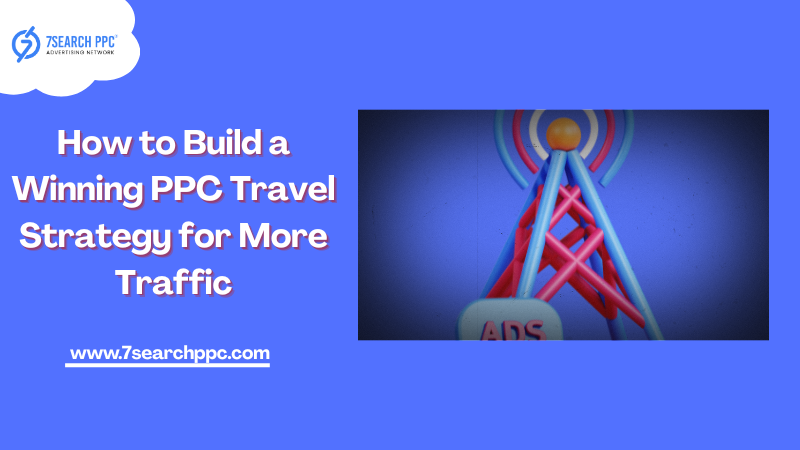Could you please go into more detail about your answer?
belaarnold27
@belaarnold27
Best posts made by belaarnold27
Latest posts made by belaarnold27
-
What Are the Key Elements of Tourism Advertisement?posted in Announcements
-
Best Travel Ads Network for Tourism Businesses?posted in Announcements
Could you please provide a more detailed explanation of your answer?
-
Best Tips to Get Travel Traffic Online Fast?posted in Announcements
Can you share more details or examples to back up your response?
-
What Are Ways to Increase Travel Website Traffic?posted in Announcements
Can you explain the answer in a step-by-step format?
-
Which Platform Offers the Best Travel Display Ads?posted in Announcements
Is it possible for you to explain how to approach this question?
-
Top Benefits of a Travel Advertisement Network?posted in Announcements
Can You Walk Me Through the Approach to This Question?
-
Where to Advertise to Boost Your Travel Business?posted in Announcements
Would you be able to provide a clearer explanation of this answer?
-
Why Should You Use Travel Banner Ads in 2025?posted in Announcements
Would you please help me understand this response?
-
Can Travel Banner Ads Improve Brand Visibility?posted in Announcements
Can you help me understand the answer to this question?
-
How Much Does PPC Travel Management Cost?posted in Announcements
The cost of PPC travel management can vary widely based on several factors, including the size of your campaign, the competitiveness of your target keywords, your advertising platform (like Google Ads, Bing, or a travel-specific ad network), and whether you hire an agency or manage it in-house.

On average:
-
Ad Spend: Most travel businesses spend anywhere from $500 to $5,000+ per month on PPC ads, depending on their goals and competition level.
-
Management Fees: If you hire a PPC management agency, expect to pay a management fee that could range from 10% to 30% of your monthly ad spend or a flat fee between $300 and $2,000 per month.
-
Additional Costs: There may be extra costs for landing page creation, ad copywriting, or keyword research if not included in the management service.
Key Tip: It's important to balance your ad spend and management costs to ensure a strong return on investment (ROI). Always monitor performance metrics closely to optimize for bookings and leads!
-